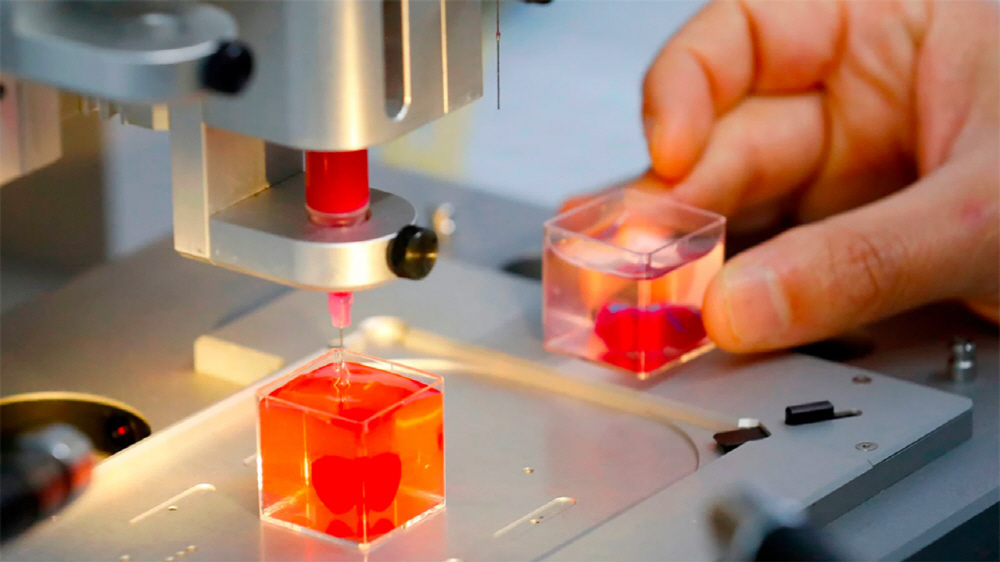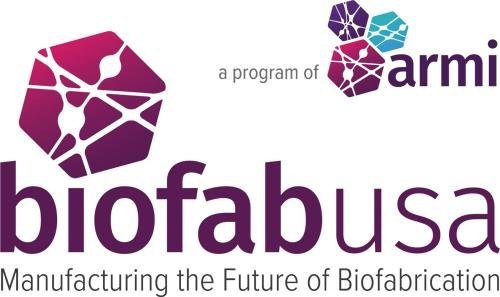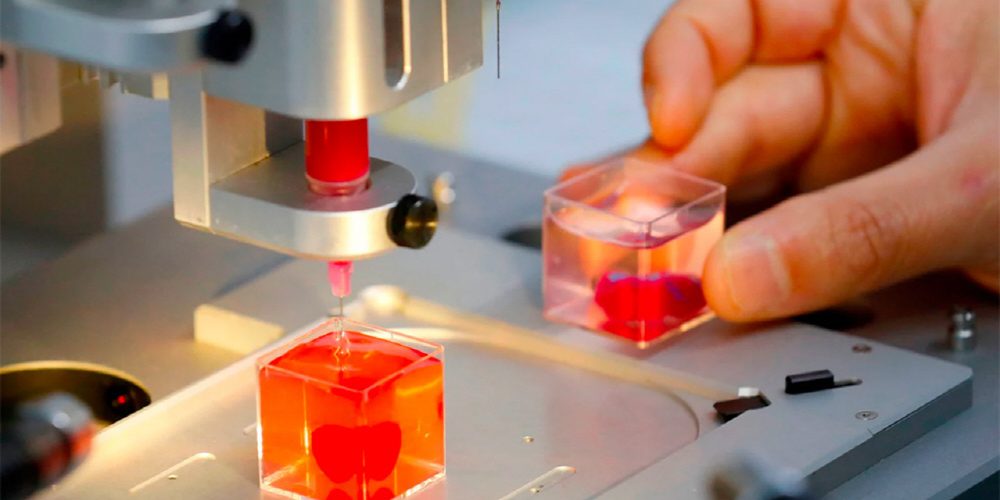
Currently, organ transplantation comes with several problems. The waiting list continues to grow, but wealthy people take turns or illegally harvested organs flow to the black market. This problem is due to the fact that the number of organs is small, so a variety of problems can be solved by legally increasing organs.
Segway inventor Dean Kamen is working on an ambitious project. It is trying to build a huge factory that mass-produces human organs. Of course, after receiving the FDA approval of the US Food and Drug Administration. In terms of research, there is still a long way to go, but he is preparing to see that this time will certainly come. Dean Carmen invents a prototype machine and tries to lead it.
Dean Carmen’s invention began with something like a wheelchair that could climb stairs or climb to the height of the other person’s gaze, and Segway became popular among shopping malls, universities, security guards, and tour groups. But Segway didn’t have the kind of innovation he expected and he sold the company.
After leaving the Segway, Dean Carmen did not stop inventing. As with Segway’s first designs, most of his inventions were initiated for medical purposes and reasons. In fact, he invented medical pumps, mechanical prostheses for armed soldiers, and water purifiers for villages in developing countries. His company is also developing new materials for aseptic injection medicine bags or masks after the Corona 19 epidemic. On his website, the number of inventions he invented is huge, but he also holds more than 440 patents around the world.
His current goal is to create a factory that produces human organs. If this is successful, it could be good news for the United States and around the world, which currently has 11,617 people waiting for organ transplants. He founded the Advanced Regenerative Manufacturing Institute (ARMI) in 2016, with $80 million in funding from the US Department of Defense. ARMI is a non-profit organization that shares research and resources by connecting 170 medical companies, research facilities, and organizations across the United States. One of the ARMIs, BioFabUSA, is responsible for the research and development of machinery for factories that produce human organs. Currently, ARMI has $300 million in funding for purposes or research, and prototype machines are already being developed.

He is also investing in the tools and machinery for organ production for those who wait for the organ, as well as a high-tech assembly line where factories can make large quantities of heart and kidney. If it can be done in Silicon Valley Semiconductor, it is expected that it will be possible in human organizations.
There is still a long way to go to make human organs in the lab, but in April 2020, a team at Tel Aviv University announced that it had bioprinted the first human heart. Bioprinting is a process similar to 3D printers, but it prints organs based on biological materials. It will still take several years to be able to print the organs, but Dean Carmen tries to be the first to do it when this time comes. His machine can also make ligaments and tendons in the future. If his vision becomes a reality, there may be an era where bio-printed ligaments can be implanted in the near future. Related information can be found here .


















Add comment